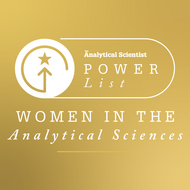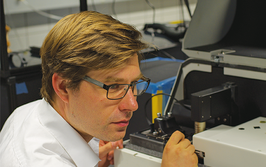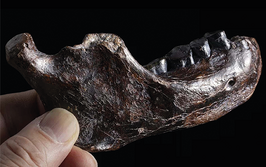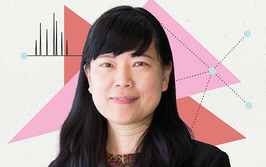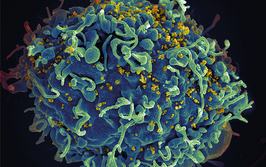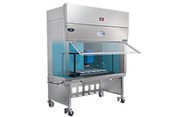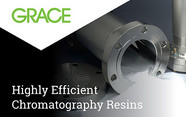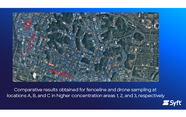Isabelle Francois
The Power List 2016

Isabelle François
UPC²/SFC & Strategic Separation Technologies Business Development Manager for Europe and India, Waters, Guyancourt, France
Passion: SFC and 2D are two technologies that are not mainstream in analytical labs today, but are close to my heart as they have been part of my life since the start of my analytical career. For both techniques, I see increased interest in academia as well as in the industry sparked by the significant improvements that instrument vendors have made in terms of performance and robustness. For example, it is very exciting to see that the increased robustness of SFC has resulted in a more widespread usage of this powerful technology – and not just in the pharmaceutical industry. In my role, I can apply my fundamental knowledge and technical skills to help address my customer’s analytical challenges and aid in the education and understanding of these technologies.
Pivotal moment: Gaining my PhD degree has been most important in driving my career. It allowed me to build my skill set as an analytical scientist, and resulted in jobs at Exxon Mobil and then at Waters. A couple of years ago, my region was expanded from Benelux to Europe and India, so I can play a more significant role in the organization.
Prediction: I foresee that two different trends will continue to take place from a technology standpoint with performance and robustness as key features. On the one side, innovation is essential to drive research and technology further, both on the chromatography as well as on the MS side. Trends towards multidimensional separations and miniaturization will continue to develop, whereas innovations in MS, such as ion mobility and continuous improvements to the instruments, significantly aid in understanding the most complex samples.
I am in touch with both industry as well as many university professors and one remark which returns in almost every conversation is the declining fundamental knowledge of young scientists. In addition, less time is devoted in the industry to train oneself on existing instrumentation in the lab, and even less on new technologies. That results in the second trend that I foresee for the future, namely the development of simplified, robust and easy-to-use instrumentation, bringing specific technology to the bench chemists, without them having to be experts in these domains. A nice recent introduction of such a device is the Waters QDa mass detector.
